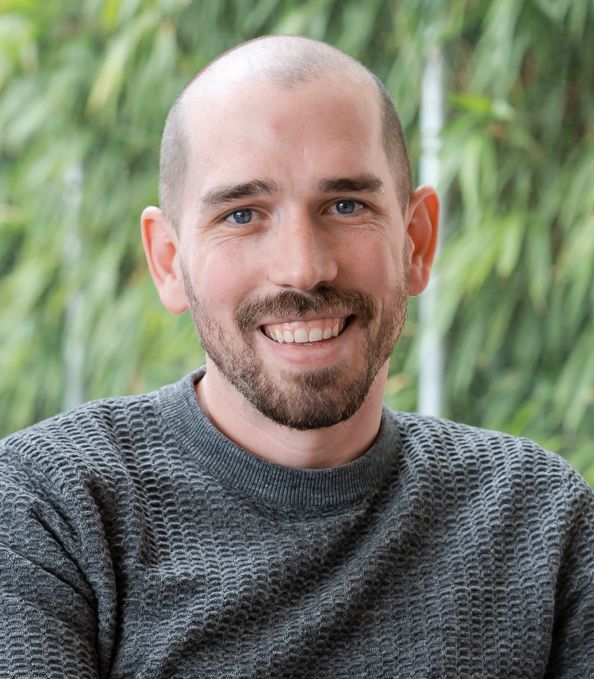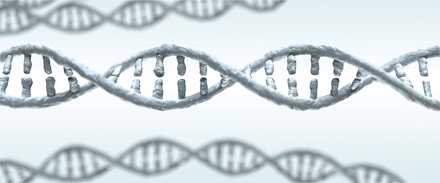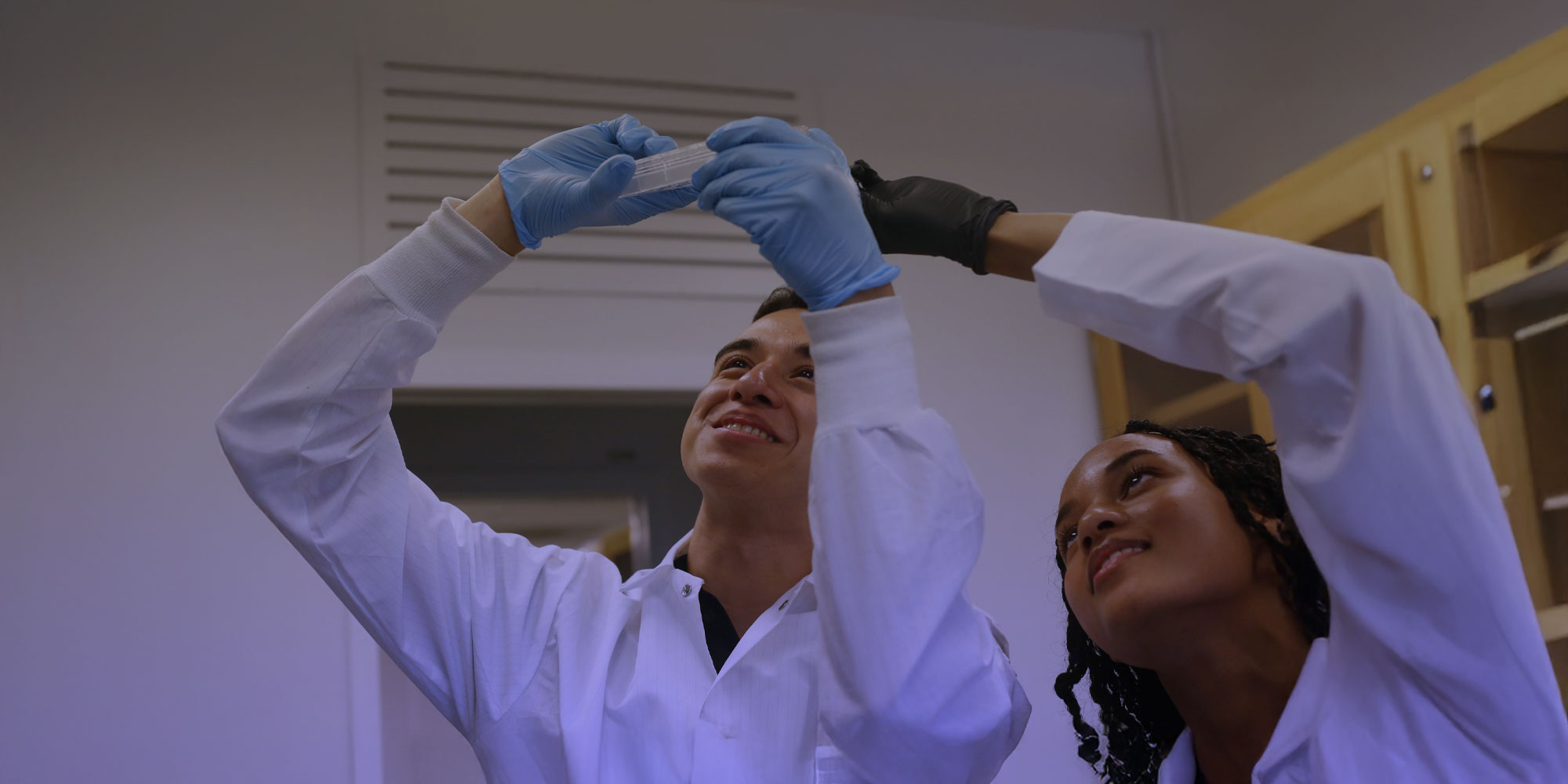
What Are We Securing?
It was the final day of the conference. Scientists, governmental officials, and philosophers reclined in their chairs. Eyes were tired and voices were hoarse from hours of discussion, and sometimes argument, about the biosecurity of genome editing. A hand rose from a seat in the far corner of the auditorium. Handed a microphone, a professor from University of Massachusetts Lowell, asked “What are we securing?” This foundational question was left to the last hour of the last day of the conference. The mic was placed down and silence reverberated throughout the room.
Dozens of countries were represented in this room, and even more cultures were seated at this metaphorical table. Over the course of three days, we had all attempted to a find a consensus on how to move forward amidst uncertainty. In an age where someone with the right tools can cheaply and easily alter the DNA of humans, plants, animals, and microbes, we wanted policy to keep pace with technology. We attempted to predict how this technology could be used and how we could outline a framework of security, but until the last hour we had failed to ask, “What are we securing?” I thought back on all the conversations we’d had an realized there is a lot in need of security.
We are securing safety. In the “microbial” breakout session, experts discussed the potential of manipulating the genomes of bacteria and viruses to create hyper-infectious strains. In the “human health” breakout session, a scientist was quick to mention the possibility of aerosol hazards. This participant painted a scenario in which an innocent bystander would unknowingly breathe in a cocktail of DNA or proteins that could lead to debilitating diseases by altering that person’s genome. It remains unclear how quickly, if ever, these scenarios will be made possible, but these ideas and many others were certainly floating through people’s minds.
We are securing environments. We discussed the need to protect environments that are quickly losing the ability to protect themselves. Scientists are developing genetically-altered species of mosquitoes, known as gene drives, to halt the spread of malaria amongst a dwindling population of Hawaiian birds. Although these mosquitoes could help restore balance to the beautiful Hawaiian mountain ranges, their presence could easily move the ecosystem further away from harmony. Any introduction of a modified species needs to be done with the appropriate foresight and planning, and with approval from the local community.
We are securing borders. Although one country may enthusiastically welcome genetically-altered beetles to help alleviate devastating deforestation, some countries may not want these six-legged critters marching into their own forests. Introducing a modified species into the environment requires the approval of neighboring countries and demands updated international policy.
We are securing economies. Adding a couple of foreign genes into the DNA of E. coli can turn this tiny microbe into an insulin-producing factory, churning out an essential life-saving molecule. Restrictions on the modification of microbial, plant, or animal genomes could stifle innovation and prevent the development of sustainable commodities that could help support a growing population.
We are securing cultures. Often times, what may appear as a disability to the public eye is, in fact, something that should be embraced rather than something that should be “fixed.” For many members of the Deaf community, the use of gene editing technology to eradicate deafness is seen as an attack on a vibrant and unique culture. Understanding what defines a culture helps dictate how genome editing technology could and should be used.
It was easy to feel overwhelmed with a sense of fear and shock, paralyzed by all that could go wrong, but reflecting on what we are working to secure brought unanticipated comfort. The aforementioned list is by no means exhaustive. In fact, this list may look different for everyone. As we continue to establish policy and regulation surrounding genome editing technology, we must continue to refer back to what we are working to secure.
—
This blog post is was inspired by conversations at the International Workshop entitled, “Assessing the Security Implications of Genome Editing Technology,” held in Hanover, Germany from October 11th – 13th, 2017.
 By
Kevin Doxzen
By
Kevin Doxzen



